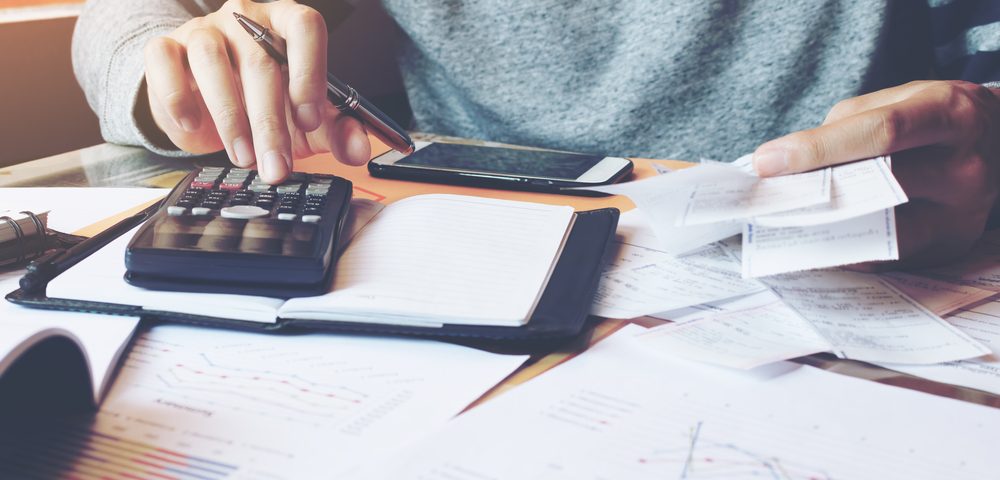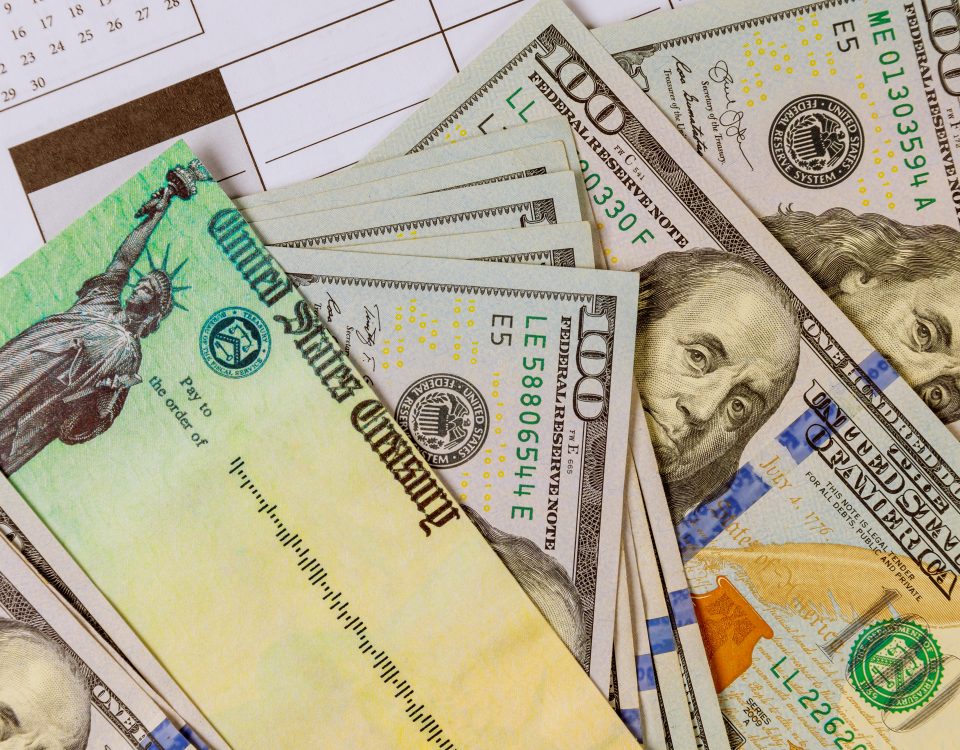What Debts Can a Chapter 7 Bankruptcy Erase?

How an Automatic Stay Works in Bankruptcy
September 3, 2019If you are deeply in debt and can’t find a way out, filing for bankruptcy might be the best solution. As soon as you file, an automatic stay is ordered by the court. At this point, creditors will have to stop trying to collect the money you owe them – at least for a while.
Filing for bankruptcy can eliminate certain types of debt, but not all. Also, the type of bankruptcy you opt for will have a very real impact on how the process plays out.
Types of Bankruptcy in Georgia
There are two primary types of bankruptcy in Georgia, Chapter 7, and Chapter 13. Your financial circumstances and eligibility will determine which route you should take.
- Chapter 7 bankruptcy, better known as a fresh-start bankruptcy, involves reasonably straightforward liquidation. Disposable income must be sufficiently low to pass the means test and, if allowed, the trustee can sell all property that is exempt so that creditors may be paid as much as possible.
The process is relatively quick (it typically take only three to four months to discharge), and is very easy.
- Chapter 13 bankruptcy involves reorganizing debts and working out a repayment plan that will take about three to five years to complete. There are strict limitations of the amount of debt permitted, so this isn’t the optimal choice for all filers.
The debts covered by the court-approved repayment plan are discharged as soon as the payment plan is complete. Unlike a Chapter 7 bankruptcy, Chapter 13 enables debtors to keep their homes, cars, and other property provided they catch up with missed payments and debt payments that are non-dischargeable.
Assuming you qualify for a Chapter 7 and opt to go that route, which debts will you be able to erase?
Which Debts Will a Chapter 7 Wipe Out?
There’s a good reason that Chapter 7 bankruptcies are known as a fresh start. The goal of a Chapter 7 bankruptcy is to discharge debt. Even though it’s impossible to wipe out non-dischargeable debts (see below), you can get rid of most, if not all, dischargeable debts.
Some examples of dischargeable debts include medical bills, credit card debt, overdue utility bills, and even personal loans that have been made by family and friends.
Debts a Chapter 7 Will Not Wipe Out
The judge has the right to decide whether some debts are dischargeable. In general terms, however, the law is very clear and there are certain debts considered non-dischargeable without the need for any legal hearing.
These include:
- Some taxes
- Debts owed for alimony or child support
- Fines and resultant penalties owed to government agencies
- Most student loans
- Debts caused as a result of personal injury because of DUI
- Homeowners’ association and other similar fees
- Court fines and penalties
Not sure what to do? If you’re in Georgia, the highly experienced bankruptcy attorneys in the Law Office of Stanley J. Kakol, Jr., will advise you.
We can help you determine which bankruptcy route is right for you and get you on the path to a fresh start. Call to schedule your free bankruptcy consultation today.



